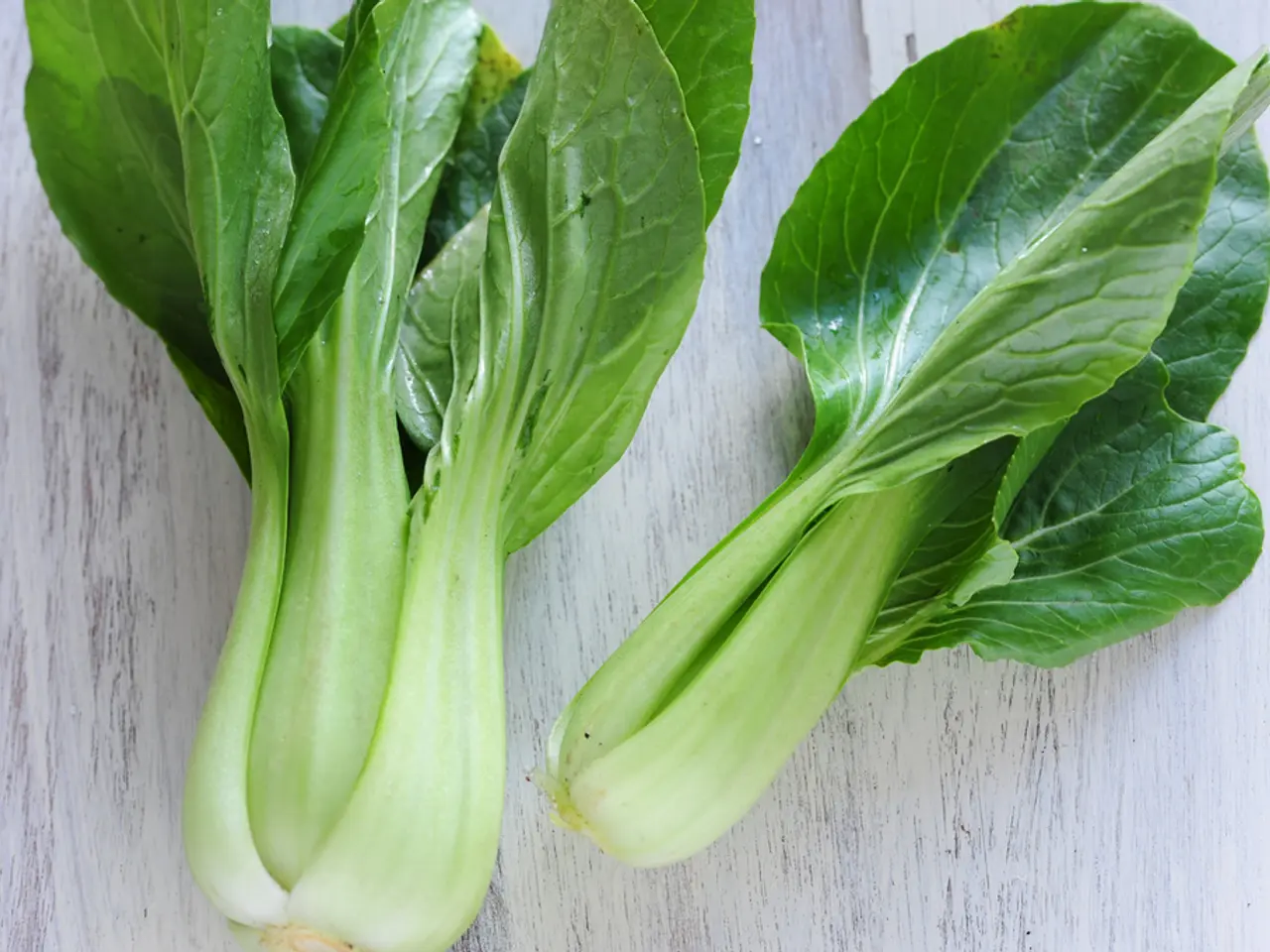Daily consumption of this ubiquitous kitchen ingredient could potentially reduce cholesterol levels, according to recent research.
In a recent study conducted by researchers at the Illinois Institute of Technology, participants were asked to incorporate canned chickpeas or black beans into their regular diets for a period of 12 weeks. The study, which is yet to be published in a peer-reviewed journal, aimed to explore the potential health benefits of these legumes.
The study involved 72 adults with prediabetes, who were assigned to eat chickpeas, black beans, or rice for the duration of the experiment. The researchers are particularly interested in identifying changes in microbial-derived metabolites, such as short-chain fatty acids, which may contribute to improved metabolic health outcomes.
Daily consumption of chickpeas has been shown to provide specific health benefits in three key areas. Firstly, eating about a cup of chickpeas daily for 12 weeks significantly lowered total cholesterol levels in prediabetic individuals. This effect is attributed to chickpeas’ high content of phytosterols, plant compounds known to lower cholesterol. As a result, the average total cholesterol dropped from around 200 mg/dL to a heart-healthy 186 mg/dL.
Secondly, a meta-analysis of 28 controlled studies showed that acute chickpea consumption significantly reduces postprandial (after-meal) blood glucose levels compared to carbohydrate-matched controls. This suggests improved glycemic control important for type 2 diabetes risk reduction. However, effects on insulin responses were not significant in these acute trials, and certainty of evidence varies due to study heterogeneity.
Thirdly, chickpeas appear to reduce inflammation, as indicated by a decrease in high-sensitivity C-reactive protein (hs-CRP). While this effect was not sustained at week 12, it still highlights the potential anti-inflammatory properties of chickpeas.
On the other hand, black beans managed to lower inflammation but had no effect on cholesterol. The study did not find changes in blood sugar levels for either legume.
The researchers are continuing to analyse glucose regulation test data and are currently exploring the bioactive components that distinguish black beans from chickpeas. They also plan to investigate how legumes affect the gut microbiome.
Morganne Smith, a PhD candidate in food science and nutrition at the Illinois Institute of Technology, led the study. The findings were presented at the NUTRITION 2025 conference held in Orlando.
In summary, daily chickpea consumption helps lower cholesterol through phytosterols, improves postprandial blood glucose control largely due to fiber and nutrient content, and may support overall metabolic health, though its direct effect on inflammation is less marked compared to some other legumes. The study did not find similar benefits for black beans in terms of cholesterol or blood sugar control, but they do offer anti-inflammatory properties. Further research is needed to fully understand the health benefits of both chickpeas and black beans.
- The study at the Illinois Institute of Technology, led by Morganne Smith, was presented at the NUTRITION 2025 conference and aims to be published in a peer-reviewed journal, focusing on the potential health benefits of canned chickpeas and black beans.
- The research involves 72 adults with prediabetes, who are assigned to eat chickpeas, black beans, or rice for 12 weeks, with the goal of identifying changes in microbial-derived metabolites like short-chain fatty acids.
- Eating about a cup of chickpeas daily for 12 weeks significantly lowered total cholesterol levels in prediabetic individuals, attributed to the high content of phytosterols found in chickpeas.
- Acute chickpea consumption has been shown to reduce postprandial blood glucose levels compared to carbohydrate-matched controls, suggesting improved glycemic control important for type 2 diabetes risk reduction.
- Further research is needed to understand the health benefits of both chickpeas and black beans, with the current study investigating how legumes affect the gut microbiome and exploring the bioactive components that distinguish black beans from chickpeas.







